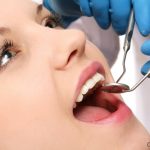Smoking and Vaping after Wisdom Teeth Extraction: How Long Should You Wait?
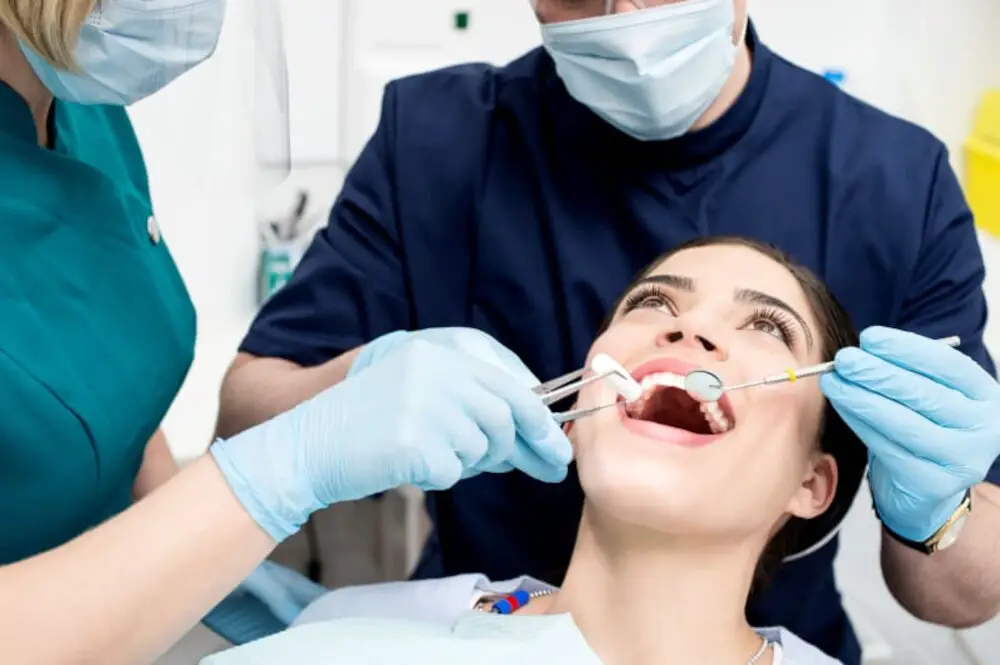
Smoking and vaping are common habits that have been around for decades. While they may provide a sense of relaxation and pleasure to users, they can also have negative effects on oral health. After a wisdom teeth extraction, it is crucial to take care of the surgical site properly to avoid complications. However, many people wonder how long they should wait before smoking or vaping after the procedure. This topic is of great importance as it can affect the healing process and overall well-being of the patient. Wisdom teeth extractions are common dental procedures that involve removing the last set of molars located at the back of the mouth. This procedure can be necessary when the teeth become impacted, infected, or cause overcrowding. After the procedure, the patient is left with a surgical site that needs to heal properly. Smoking and vaping can interfere with the healing process and cause complications such as dry socket, infection, and delayed healing. Therefore, it is important to know the appropriate time frame to wait before engaging in these habits. In this article, we will discuss the effects of smoking and vaping on the healing process and provide recommendations on how long to wait before engaging in these habits after wisdom teeth extraction.
Wisdom teeth extraction is a surgical procedure that involves the removal of the third molars located at the back of the mouth. These teeth typically emerge between the ages of 17 and 25 and can cause various dental problems, such as overcrowding, infection, pain, and damage to adjacent teeth. The procedure is usually performed under local or general anesthesia and involves making an incision in the gum tissue to expose the tooth and removing it from the socket using forceps or a drill. After the surgery, patients may experience pain, swelling, bleeding, and difficulty opening their mouth. It is crucial to follow the dentist’s instructions regarding post-operative care to prevent complications and promote healing.
Following postoperative instructions is crucial for a patient’s recovery after a wisdom teeth extraction procedure. Ignoring these instructions can lead to complications such as excessive bleeding, dry sockets, and infections. These instructions are designed to reduce the likelihood of these complications and promote optimal healing. Patients should avoid smoking and vaping for at least 72 hours after the procedure to prevent the suction created from smoking or vaping from dislodging the blood clot, which can lead to a painful dry socket. Additionally, they should avoid drinking through a straw, rinsing their mouth vigorously or consuming hot or hard foods. By adhering to postoperative instructions, patients can ensure a smooth and speedy recovery.
Effects of Smoking and Vaping on Healing Process
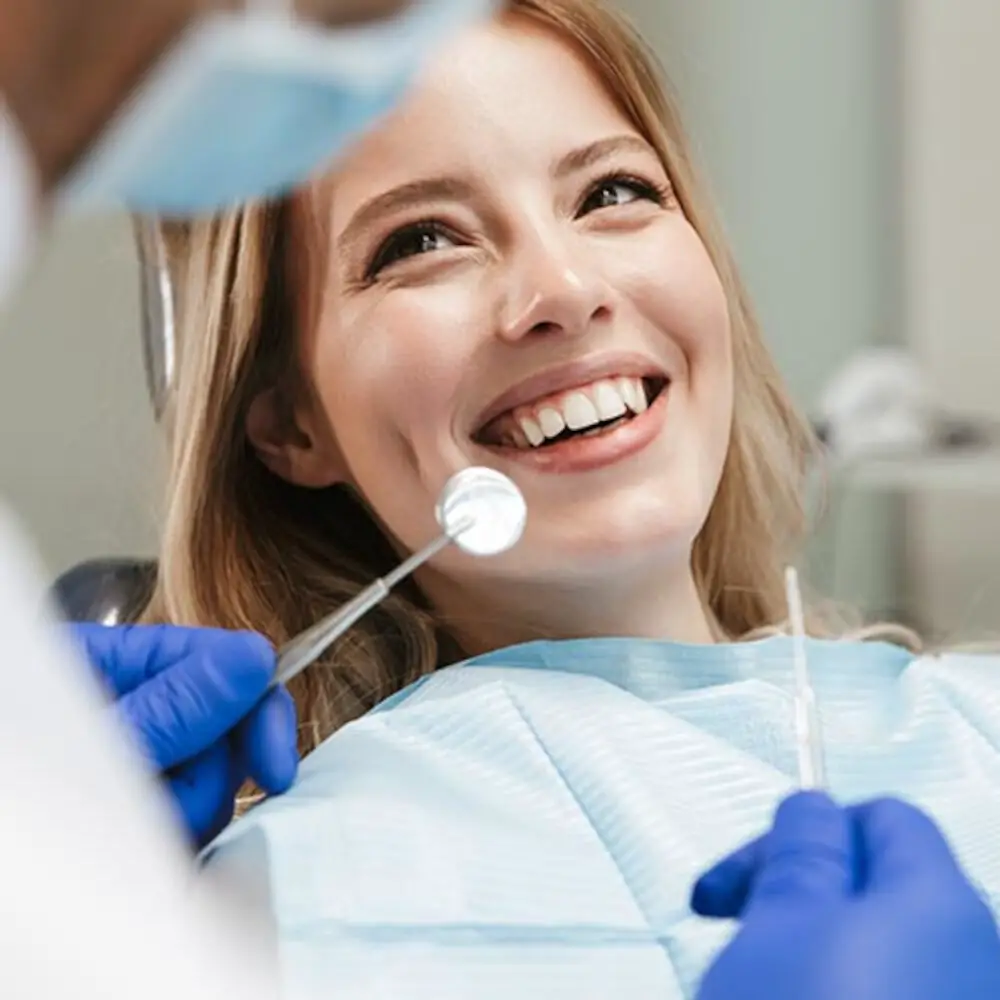
Smoking and vaping are known to have detrimental effects on the healing process of the body, especially after a wisdom tooth extraction. Both smoking and vaping introduce harmful chemicals and toxins into the body, which can impede the healing process and slow down the recovery time. The nicotine present in cigarettes and e-cigarettes can constrict the blood vessels, reducing the flow of oxygen and nutrients to the affected area, which is crucial for the healing process. This can cause a delay in the formation of blood clots, which can cause dry sockets, a painful condition that can prolong the recovery time. Moreover, smoking and vaping can also increase the risk of infection after the wisdom tooth extraction. The harmful chemicals present in tobacco and e-cigarettes can weaken the immune system, making the body more susceptible to infections. The smoke and vapor from cigarettes and e-cigarettes can also irritate the gum tissue and delay the healing process, making the area more vulnerable to bacterial infections. Therefore, it is recommended to refrain from smoking and vaping for at least 72 hours after a wisdom tooth extraction to promote faster healing and reduce the risk of complications.
Both smoking and vaping can significantly affect the healing process after wisdom teeth extraction. The chemicals in cigarettes and vape liquids can slow down the healing process by reducing the flow of oxygen-rich blood to the surgical site. Nicotine, a key component of tobacco and vaping products, can also constrict blood vessels and impair the immune system, making it more difficult for the body to fight off infections. Additionally, the act of smoking or vaping can create suction in the mouth, which can dislodge the blood clot that forms over the extraction site and delay healing. It is crucial to avoid smoking and vaping for at least 72 hours after wisdom teeth extraction to promote proper healing and reduce the risk of complications.
After a wisdom teeth extraction, patients should avoid smoking and vaping for several days to prevent potential complications and risks. Smoking and vaping can delay the healing process by reducing blood flow to the surgical site, increasing the risk of infection and dry socket. In addition, inhaling smoke or vapor can irritate the gums and cause further pain and discomfort. It is crucial to follow the dentist’s instructions and avoid smoking and vaping for at least 72 hours after the procedure to ensure proper healing and minimize the risk of complications. Patients who continue to smoke or vape after wisdom teeth extraction should be aware that they may experience prolonged healing times and increased pain and discomfort.
Recommended Waiting Period
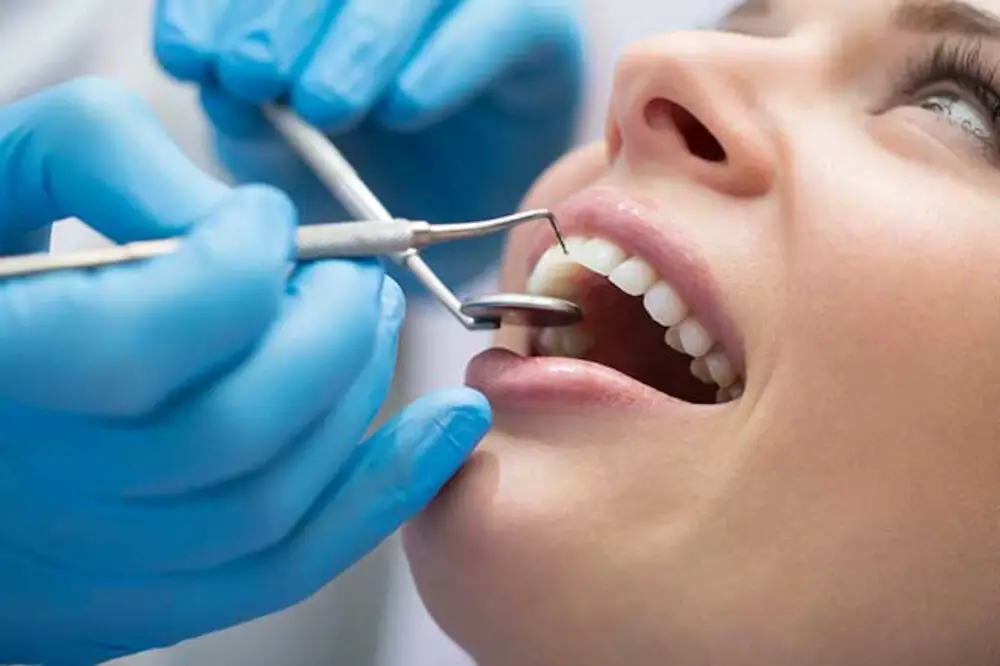
After getting your wisdom teeth extracted, there are certain precautions that you need to follow to ensure that your recovery process is smooth and free from any complications. One of the most important precautions is to wait for the recommended waiting period before you can start smoking or vaping again. This waiting period is usually around 72 hours, but it can vary depending on the individual case and the dentist’s recommendation. The recommended waiting period is crucial because smoking or vaping can interfere with the healing process of your gums and increase your risk of developing dry socket, a painful condition that occurs when the blood clot in the extraction site dislodges, exposing the underlying bone and nerves. Smoking and vaping introduce harmful chemicals and bacteria into your mouth, which can slow down the healing process and increase your risk of developing infections. Therefore, it is essential to wait until your gums have fully healed before you start smoking or vaping again to ensure a speedy recovery and minimize any potential risks.
After wisdom teeth extraction, it is essential to follow a waiting period before smoking or vaping. This waiting period is necessary because smoking and vaping can interfere with the healing process and increase the risk of complications. The act of smoking or vaping creates suction in the mouth, which can dislodge the blood clot that forms in the extraction site. This clot is crucial for the healing process as it protects the underlying bone and tissue while promoting the growth of new tissue. If this clot gets dislodged, it can lead to a painful condition called dry socket, which can cause further delays in the healing process. Therefore, it is better to wait for at least 48-72 hours before smoking or vaping after wisdom teeth extraction to ensure proper healing of the extraction site.
After a wisdom teeth extraction, it is crucial to follow the post-operative instructions provided by the dentist or oral surgeon, which usually includes avoiding smoking or vaping for a certain period. Smoking or vaping after wisdom teeth removal can increase the risk of complications such as dry socket, delayed healing, and infection. The recommended waiting time before smoking or vaping after wisdom teeth extraction varies depending on the individual case and the extent of the extraction. However, most dentists advise their patients to wait at least 48 to 72 hours before smoking or vaping to allow the blood clot to form and promote proper healing. It is important to note that smoking or vaping can still affect the healing process even after the recommended waiting period, and patients should consider quitting altogether or reducing their smoking or vaping habit for the best oral health outcomes.
Alternatives to Smoking and Vaping
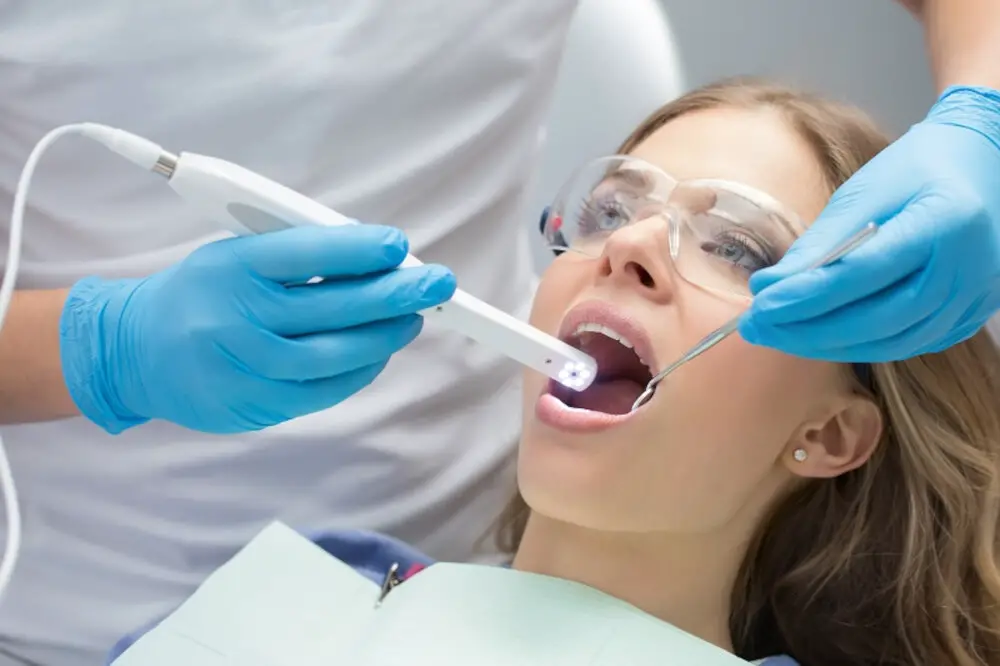
Smoking and vaping are highly addictive habits that can cause severe damage to a person’s health. While many people find it challenging to quit these habits, there are several alternatives that can help ease the transition. One of the most popular alternatives to smoking is nicotine gum or patches. These products provide a controlled dose of nicotine and can help reduce withdrawal symptoms. Additionally, they are available over-the-counter and do not require a prescription. Other alternatives include herbal cigarettes, which are made from herbs and do not contain any tobacco or nicotine. These cigarettes can provide a similar smoking experience without the harmful chemicals found in traditional cigarettes. Another alternative to smoking and vaping is to engage in physical activity or meditation. Exercise releases endorphins, which can help reduce stress and improve mood. Meditation can also help reduce stress and promote relaxation. Both of these activities can help distract individuals from their cravings and provide a healthier way to cope with stressors. Additionally, drinking water or chewing on gum can help reduce cravings and keep the mouth busy. By incorporating these alternatives into their daily routine, individuals can successfully quit smoking and vaping and improve their overall health and well-being.
If you’re struggling with stress or nicotine cravings after wisdom teeth extraction, there are plenty of alternative methods you can try to alleviate those feelings. Engaging in physical activity like going for a walk or doing yoga can help reduce stress and release endorphins. Additionally, deep breathing exercises, meditation, or mindfulness practices can help calm your mind and reduce feelings of anxiety. For nicotine cravings, you can try using nicotine replacement therapy like patches, gum, or lozenges, or explore alternative therapies like acupuncture or hypnosis. It’s important to find a method that works best for you and to seek support from friends, family, or healthcare professionals if needed.
Alternative methods to smoking and vaping after wisdom teeth extraction can offer numerous benefits to patients. For instance, using nicotine gum or patches can help relieve the discomfort associated with nicotine withdrawal. These methods can also reduce the risk of infection and complications associated with smoking or vaping, which can delay the healing process. Additionally, alternative methods can provide a safer and healthier way to satisfy nicotine cravings, which can promote better overall health and well-being. Overall, considering alternative methods after wisdom teeth extraction can provide a multitude of benefits and can help ensure a smooth and successful recovery process.
Tips for Quitting Smoking and Vaping
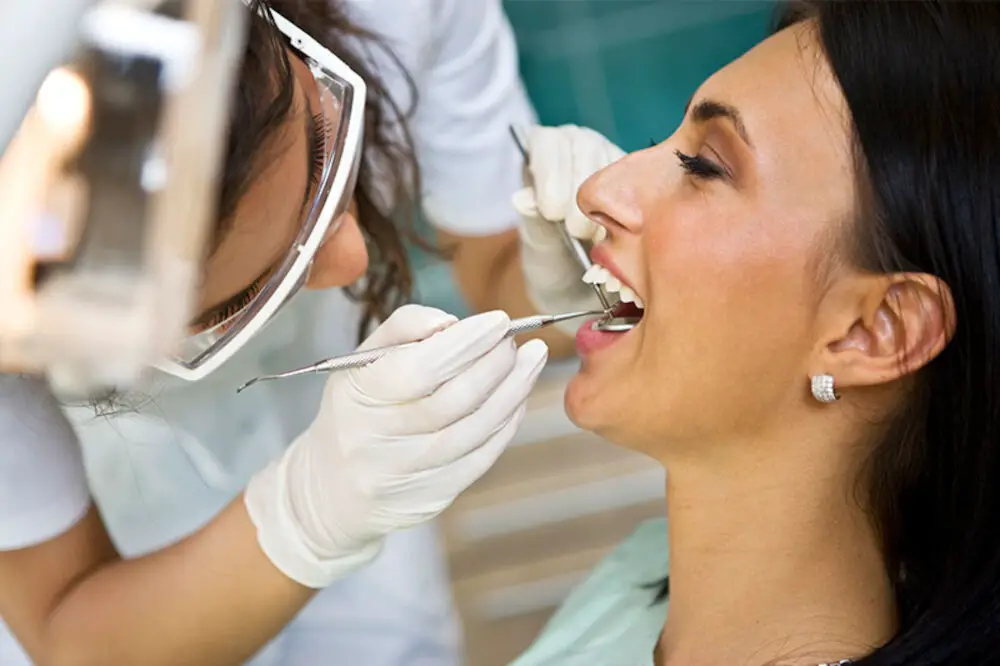
Quitting smoking and vaping can be a challenging process, but it’s one of the most important things you can do for your overall health and well-being. If you’ve recently had your wisdom teeth extracted, it’s especially important that you quit smoking and vaping to avoid complications and promote proper healing. Here are some tips to help you quit for good:First and foremost, it’s important to set a quit date and stick to it. This can help you mentally prepare for the process and give you a sense of accountability. You may also want to consider seeking support from friends, family, or a healthcare professional to help you through the process. Additionally, finding alternative activities to replace smoking or vaping can be helpful, such as exercise or other hobbies. Finally, it’s important to be patient and kind to yourself throughout the process. Quitting smoking and vaping can be a difficult journey, but the benefits to your health and well-being are well worth it. In conclusion, quitting smoking and vaping is an important step to take, especially after wisdom teeth extraction. With the right tools and support, you can successfully quit for good and enjoy a healthier, happier life. Remember to set a quit date, seek support, find alternative activities, and be kind to yourself throughout the process.
Quitting smoking or vaping can be a challenging task, but it’s essential to achieve better health and prevent complications after wisdom teeth extraction. Patients are advised to seek support from friends, family, or healthcare professionals, and set a quit date to start their journey towards a smoke-free life. It’s also recommended to identify triggers and find healthier alternatives such as chewing gum, drinking water, or taking a walk when cravings arise. Joining a support group or using quit-smoking apps and resources can be helpful to stay motivated and track progress. It’s crucial to remember that withdrawal symptoms may occur, but they are temporary and can be managed with relaxation techniques, exercise, and proper nutrition. With determination, patience, and support, patients can successfully quit smoking or vaping and improve their overall health and well-being.
One of the most significant benefits of quitting smoking and vaping after wisdom teeth extraction is faster and more efficient healing. Nicotine and other harmful chemicals in cigarettes and e-cigarettes can interfere with the body’s natural healing process, leading to complications such as dry socket, infection, and delayed recovery. Quitting also reduces the risk of other health problems associated with smoking and vaping, such as lung cancer, heart disease, and respiratory infections. Additionally, quitting smoking and vaping can improve overall oral health, including reducing the risk of gum disease and tooth loss. Overall, quitting smoking and vaping after wisdom teeth extraction is a crucial step towards a healthier and faster recovery.
The waiting period after wisdom teeth extraction is crucial as it allows your body to heal and recover from the surgery. Smoking or vaping during this time can delay the healing process and increase the risk of complications such as infection, dry socket, or bleeding. Nicotine and other harmful chemicals in tobacco products can also slow down the formation of new blood vessels and bone tissue, which are essential for proper healing. It’s important to follow your dentist’s instructions and wait at least 72 hours before smoking or vaping, although a longer waiting period may be necessary depending on the severity of your surgery and your overall health. So, take this waiting period seriously and protect your health by avoiding smoking or vaping after wisdom teeth extraction.
Smoking and vaping after wisdom teeth extraction can have severe consequences on the healing process of the wound. The chemicals in cigarettes and e-cigarettes can delay the healing process, increase the risk of infection, and cause dry socket. It is essential to wait at least 72 hours before smoking or vaping after the extraction to minimize the risks. However, it is highly recommended to quit smoking altogether to promote oral health and lower the risk of complications in the future. Additionally, smokers should follow the dentist’s post-operative care instructions carefully and maintain good oral hygiene to prevent any discomfort or infection. Lastly, it is crucial to recognize that smoking and vaping can have detrimental effects not only on oral health but also on overall health, and quitting smoking can lead to significant improvements in both.
Conclusion

In conclusion, smoking and vaping after wisdom teeth extraction is not recommended due to the negative effects it can have on the healing process. Nicotine and other chemicals in cigarettes and e-cigarettes can delay the healing process and increase the risk of infection and other complications. It is best to wait at least 72 hours before smoking or vaping after the surgery, and preferably to quit smoking altogether for optimal oral health. By following these guidelines, patients can ensure a faster and smoother recovery process after wisdom teeth extraction.
